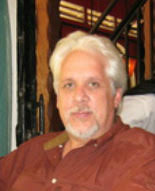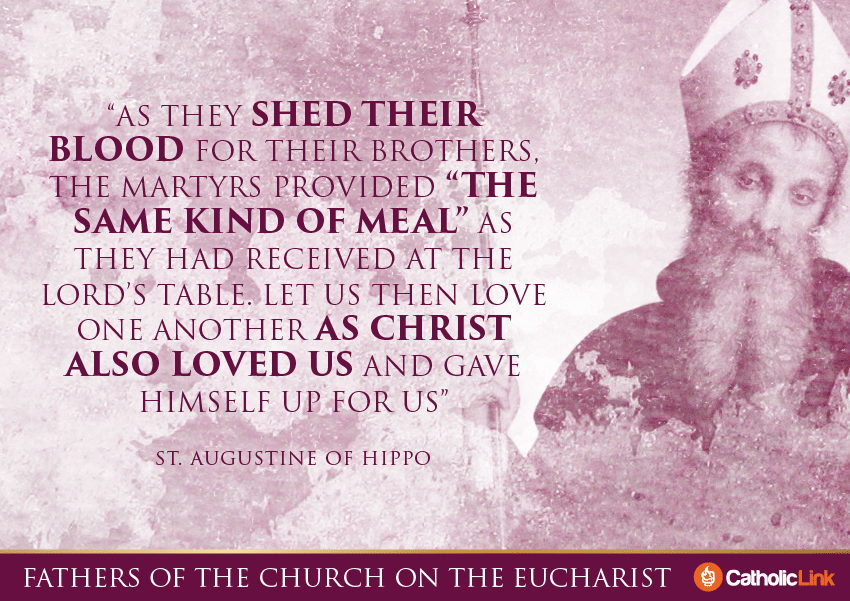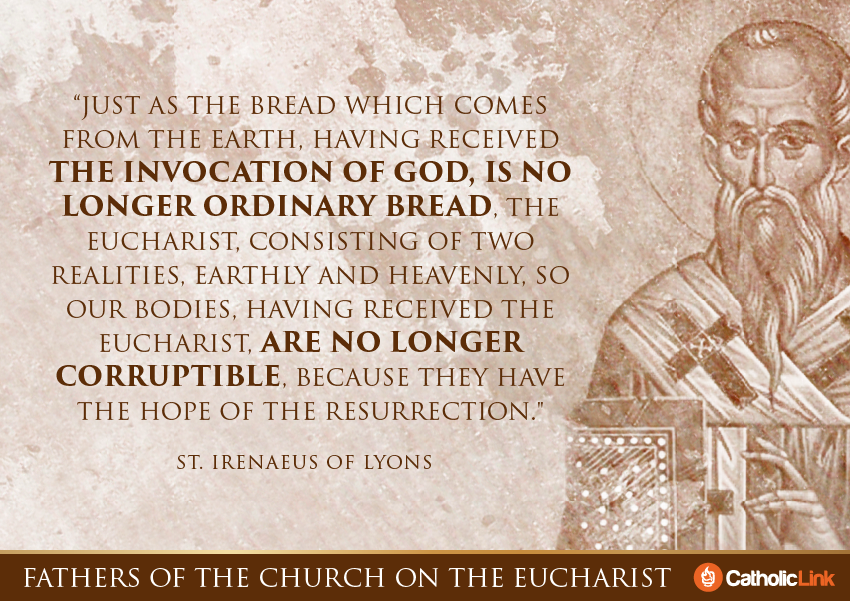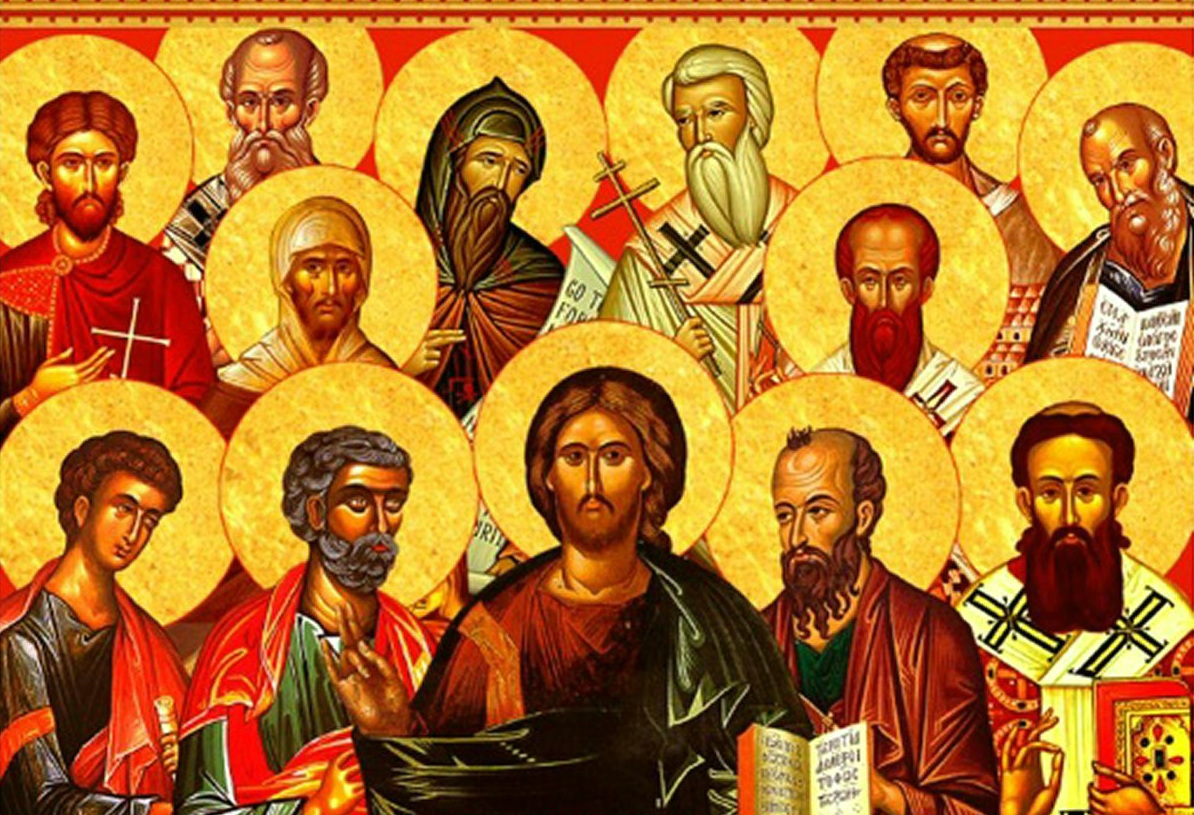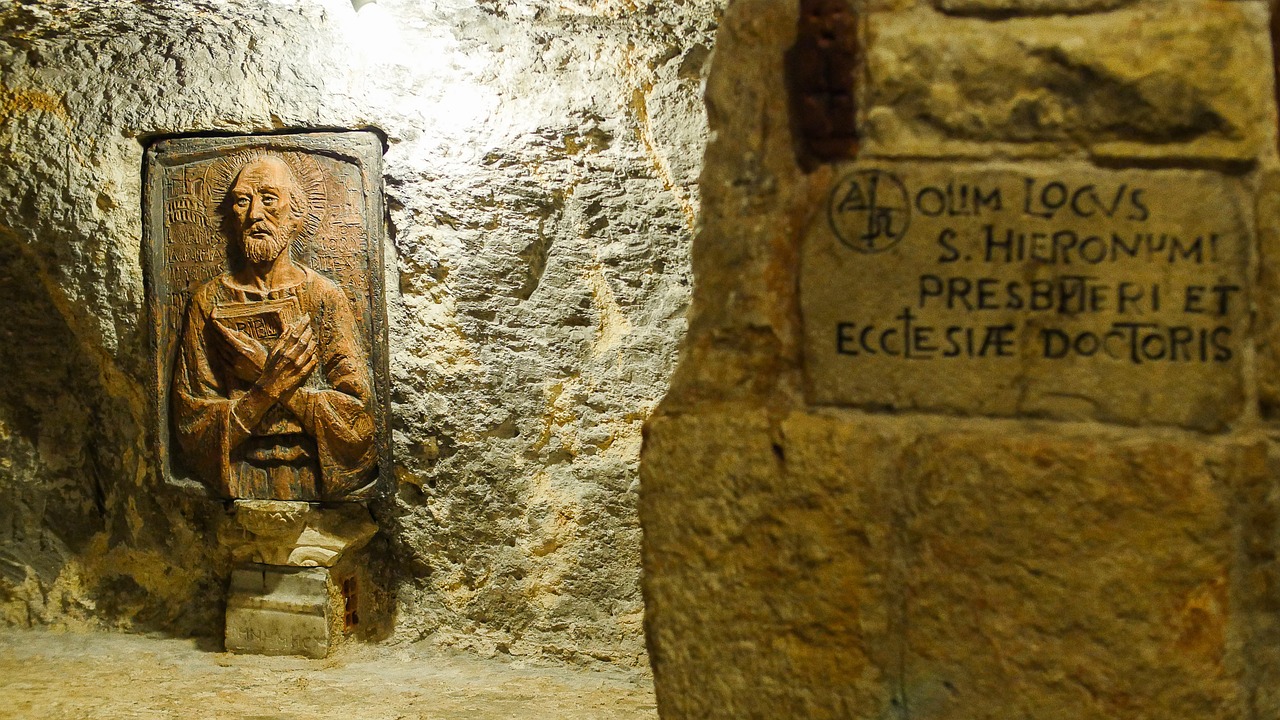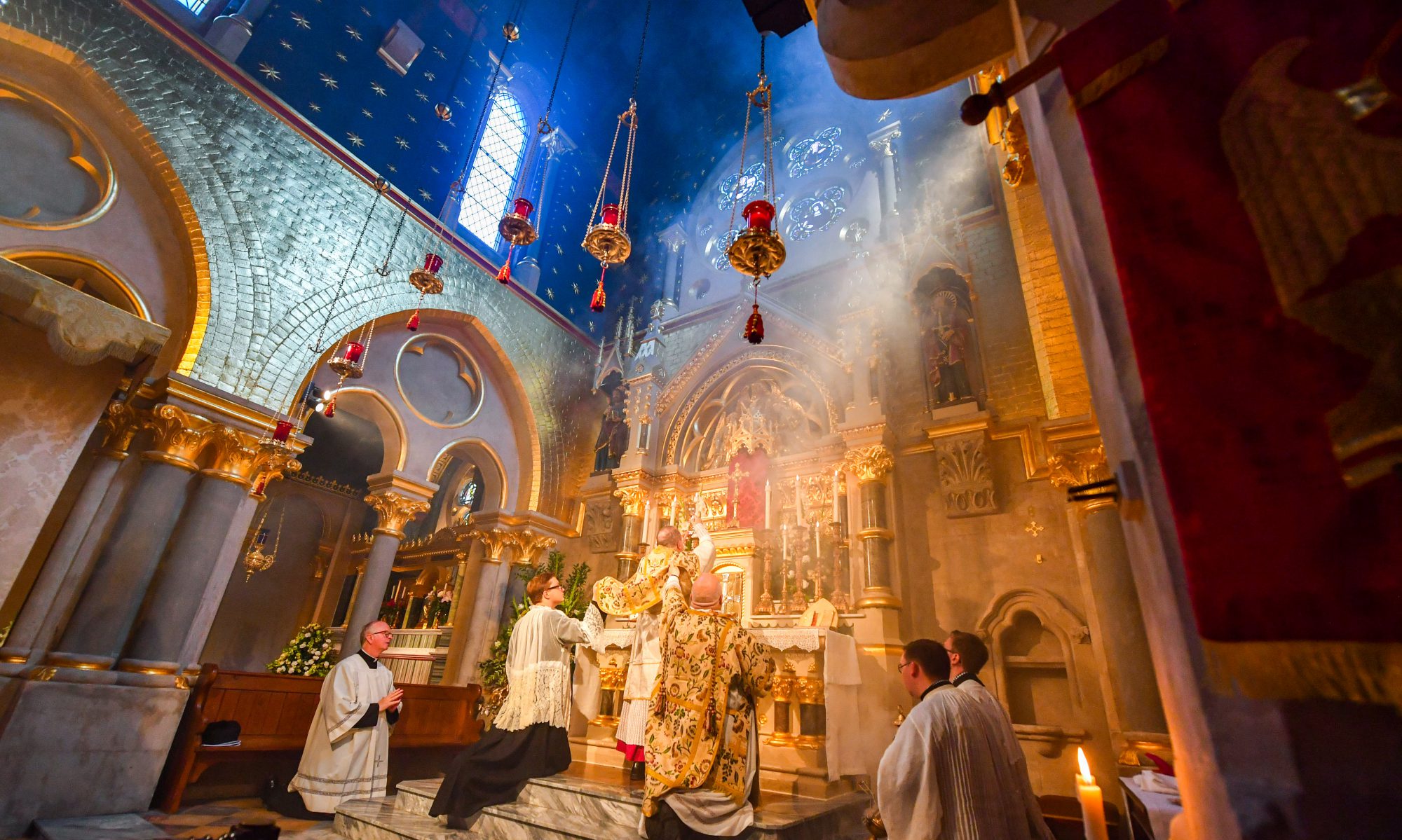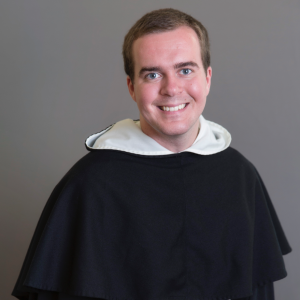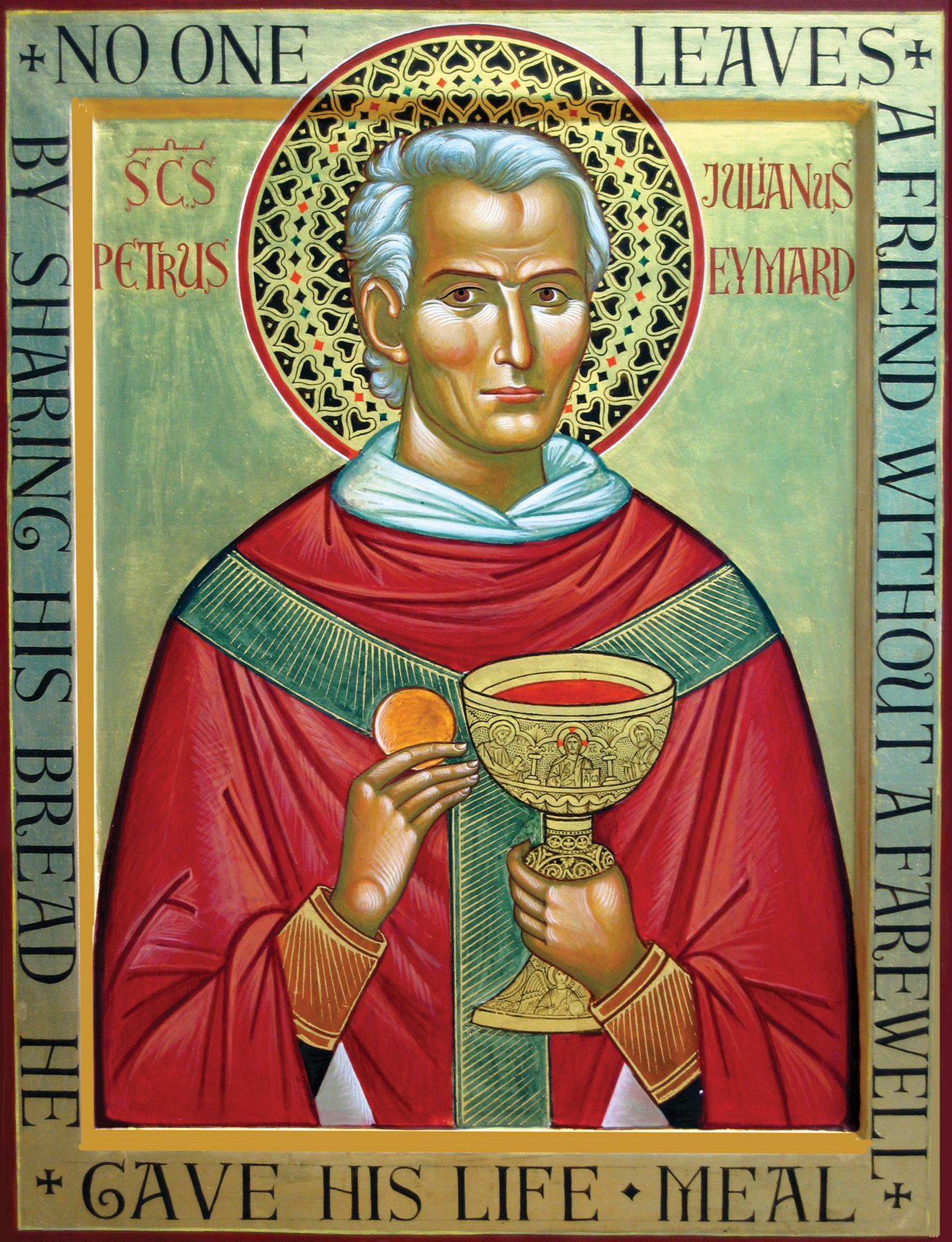
-by St Julian Eymard
“God desired to nourish our spirit, so He gave it His Bread, the Eucharist, announced by Holy Scripture: “He will feed them with the Bread of life and understanding.”
Now, there are no greater joys on earth than the joys of the spirit. Contentment of heart is less lasting because it is based on feeling, and feeling is apt to be inconstant. True joy is of the spirit and consists in the quiet knowledge of the truth.
The light-minded and coarse of soul enjoys nothing spiritually. Even pious souls that lack recollection will never experience spiritual joys. Frivolity of spirit is the greatest obstacle to the reign of God in the soul. If you wish to taste the sweetness of God and enjoy His presence, you must lead a life of recollection and prayer. Even so, your meditations will never yield true happiness if they are not based on Communion, but will only leave you with the sense of perpetual sacrifice.
Jesus Christ exercised the prerogative that was His to give us experience of true joy through Himself alone. The soul that only seldom receives Communion gives God no opportunity to dwell in it in a completely efficacious way. The one, on the contrary, that receives Him frequently will be longer and more often in His presence and, seeing Him and contemplating Him freely, will learn to know Him well and will end by enjoying Him.
In Communion, we enjoy our Lord in our Lord Himself. It is then that we have our most intimate communion with Him — a communion from which we gain a true and profound knowledge of what He is. It is then that Jesus manifests Himself to us most clearly. Faith is a light; Communion is at once light and feeling.
This manifestation of Jesus through Communion enlightens the mind and gives it a special aptitude for discerning more and more clearly the things of God. Just as the elect receive the power to contemplate the being and the majesty of God without being blinded, likewise Jesus, in Communion, increases our ability to know Him, and to such an extent that there is a vast difference in a person before and after Communion.
Take a child before his First Communion; he understands his catechism in the literal sense, word for word. But after Communion, his mind is, as it were, transformed; the child understands then, and feels, and is eager to know more about Jesus Christ. He is fortified and disposed to hear whatever truths you teach.
Can you explain this phenomenon? Before Communion, you hear about Jesus Christ and you know Him; you are told of His Cross, of His suffering. Doubtless you are affected and are even touched with compassion. But let these same truths be presented to you after you have received Communion, and oh, how much more deeply your soul is moved! It cannot hear enough; it understands much more perfectly. Before Communion, you contemplate Jesus outside you; now you contemplate Him within you, with His own eyes!
It is the mystery of Emmaus re-enacted. When Jesus taught the two disciples along the way, explaining the Scriptures to them, their faith still wavered, although they felt inwardly some mysterious emotion. But by their participating in the breaking of the bread, immediately their eyes were opened, and their hearts were ready to burst with joy. The voice of Jesus had not sufficed to reveal His presence to them. They had to feel His Heart; they had to be fed with the Bread of understanding!
Second, this joy of spirit, this manifestation of Himself that Jesus gives us by Communion, awakens in us a hunger for God. This divine hunger draws us into the sweetness of His Heart, into the sanctuary of His Spirit. More by impression than by reason, it gives us knowledge of Him. It gives us a powerful attraction to the Eucharist and everything connected with it and enables us to enter with ease into Jesus Christ.
This ease, this attraction, mysterious to some extent, is the special grace of Communion. It is the spirit of kinship with God. From where, do you think, does that similarity of feeling, of acting, of morals in a family come, if not from family spirit, from family love, which unites all members in mutual affection? Such is the bond of earthly kinship.
Through Communion, we gain entrance into the love, into the Heart, of our Lord; we catch the spirit of His love, His own understanding, His own judgment. Is not the first grace of Communion, in fact, a grace of recollection that enables us to penetrate into Jesus Christ and commune intimately with Him? Yes, intimately. One who does not receive Communion knows, by faith, only the vesture, the outward appearance of our Lord. We can know Jesus Christ well only by receiving Him, just as we perceive the sweetness of honey only by tasting it. We can say, then, with a great saint, “I am more convinced of the truth of Jesus Christ, of His existence, of His perfections by a single Communion than I could be by all the reasoning in the world.”
Such is the brevity of this life that, if we had to arrive at the knowledge of truth in general, and of divine truth in particular, only by the proofs of reason, be well assured we would know very few truths. But it is God’s will that much of our knowledge should come by intuition. He has endowed us with an instinct by which, without the faculty of reason, we are able to distinguish good from evil, truth from falsehood. He has given us natural inclinations and antipathies. Thus, in our efforts to know our Lord, we first feel His goodness, and then we arrive at His other qualities, more by contemplation, by sight, and by instinct than by reason.
A great many people habitually make the mistake of talking too much in their thanksgiving after Communion, that highest of prayers. By overmuch speaking, they render their Communion ineffective.
Listen to our Lord a little after Communion. This is not the time to seek, but to enjoy. This is the time when God makes Himself known through Himself: “And they shall all be taught of God.” How does a mother teach her little child what endless love and tenderness she has for him? She is content to show by her devotion that she loves him. God does the same in Communion. Remember that one who does not receive Communion will never know the Heart of our Lord or the magnitude of His love. The heart makes itself known through itself alone; we must feel it beating.
Sometimes you have no experience of spiritual joy in Communion. Wait. Although the Sun is hidden, it is within you; you will feel it when you need to — be sure of that. What am I saying? Already you feel it! Are you not at peace? Are you not desirous of glorifying God more than ever? And what is that but the throbbing of the Heart of our Lord within you?
Lastly, the manifestation of our Lord in Communion makes His presence and His conversation indispensable to the soul. The soul that has known Jesus Christ and has enjoyed Him takes pleasure in nothing else. Creatures leave it cold and indifferent because it compares them with Him. God has left in the soul a need that no person, no creature, can ever satisfy.
Moreover, the soul feels a constant desire for Jesus and for His glory. Ever onward, without pausing to enjoy a moment’s rest: that is its motto. Its only longing is for Jesus, who leads it from clarity to clarity. Our Lord being inexhaustible, whoever receives Him can neither be sated nor exhaust Him, but desires only to plunge deeper and deeper into the abysses of His love.
Oh, come and enjoy our Lord often in Communion, if you wish truly to understand Him!
“Beware of abusing this privilege,” someone will say. Do the elect go to excess in their enjoyment of God? No! They never enjoy Him too much. Taste the Lord, and you will see. After you have received Communion, you will understand.
How sad that people will not believe us! They wish to judge of God only by faith. But taste first; afterward you shall judge. And if the incredulous would but prepare themselves to receive Jesus Christ worthily, they would understand sooner and better than by any amount of persuasion and reasoning. Besides, the ignorant person who receives well knows more about it than the savant, however learned, who does not go to Communion.
To summarize briefly, I say that the intelligence finds its supreme happiness in Communion and that, the more often one receives, the happier one is spiritually. God is the only source of happiness; happiness is in Him alone, and He has reserved the right to bestow it through Himself. And well it is for us that we must go to God Himself to find happiness! In this way, we do not devote ourselves to creatures or find in them our highest good. Happiness is not even in the bestowal of the priest. He gives you a share in the fruits of the Redemption, cleanses you from your sins, and gives you the peace of a clear conscience; but happiness and joy he cannot give you.
Mary herself, who is the Mother of Mercy, will lead you back to the right way and will appease the anger of her Son, whom you have offended; but God alone will give you joy and happiness. The angel said to the shepherds, “I bring you good tidings of great joy: He who is its cause and its source, your Savior and God, is born to you.”
Oh, come, let us rejoice! This Savior is still on the altar waiting to flood our hearts, upon His entrance therein, with as much joy and happiness as we are able to bear, in anticipation of the unspeakable and everlasting delights of the homeland of Heaven.”
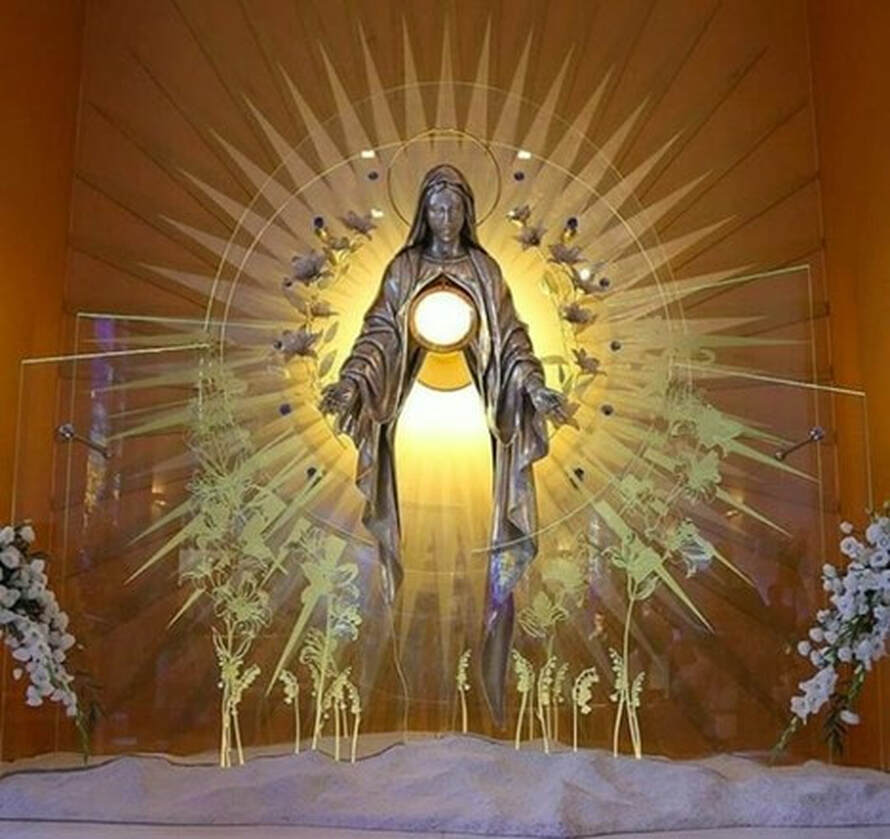
-Mary monstrance
“O Mary, teach us the life of adoration! Teach us to find, as thou didst, all mysteries and all graces in the Eucharist, to live the Gospel over again, and to read it in the Eucharistic Life of Jesus! Remember, Lady of the Most Blessed Sacrament, that thou art the Mother of all adorers of the Holy Eucharist.”
-St Julian Eymard
“We have close to us as much as Joseph had at Nazareth; we have our Lord in the Blessed Sacrament, but our poor eyes fail to see Him. Let us once become interior souls and we shall immediately see. In no better way can we enter into the Heart of our Lord than through Saint Joseph. Jesus and Mary are eager to pay the debts which they owe him for his devoted care of them, and their greatest pleasure is to fulfill his least desire. Let him, then, lead you by hand into the interior sanctuary of Jesus Eucharistic.”
–St. Peter Julian Eymard
“When we work hard, we must eat well. What a joy, that you can receive Holy Communion often! It’s our life and support in this life – receive Communion often and Jesus will change you into Himself.”
-St. Peter Julian Eymard
Love & joy,
Matthew
